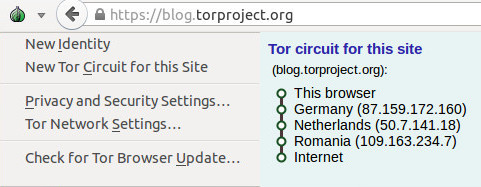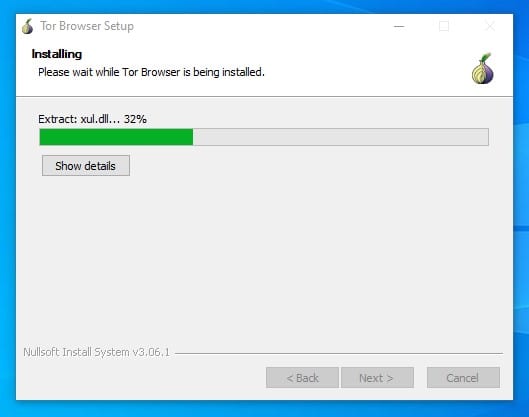
Though the official Tor website is banned in Russia, there are many mirrors from which the Tor browser can be downloaded, such as those provided by the EFF and Roskomsvoboda. Tor hides activity from a particular user’s internet service provider, but the user should assume that all activity over the Tor network is being monitored by someone, just not the user’s ISP. However, users must know that the last server in a Tor relay, known as an “exit node,” will be able to monitor and record traffic.

Tor bridge relays are a way of connecting to Tor without connecting to any of Tor’s publicly known relay IP addresses, which provides additional security for users living under governments that ban Tor. We can’t fully vouch for any of these services ourselves, but they are popular by many Russian internet users.Īnother option is to use Tor (The Onion Relay), a protocol that encrypts and routes internet requests through a network of relay nodes, which makes it more difficult for an internet service provider to track a user’s internet traffic. There you’ll find a list of recommended VPNs as part of their ‘Open RuNet’ project. If you’re in Russia, check out the website of digital rights NGO Roskomsvoboda.
#Tor browser websites in other languages free#
We do not recommend the use of free VPN services you could end up paying with your connection data to unknown third parties. We’d recommend that you find a provider that collects the least data about its users, offers a reliable and fast VPN service, uses strong encryption and engages in extensive auditing practices. However, if you trust your VPN provider more than you trust your ISP or your government, then it makes sense to use one, especially if it operates outside of the jurisdiction of your government.īut in any case, users should not expect that a VPN provides complete anonymity. While most VPN providers claim that they do not keep logs on their users, most of them, as it turns out, do.įurthermore, the risk that a VPN provider might leak information on users or be susceptible to government requests remains high. The issue with using a VPN is one of trust: you need to make sure you trust the company that provides the service.

This allows you to hide your true location and protects your privacy by using strong encryption.Ī VPN can also have a censorship circumvention function which allows you to access blocked internet content. A VPN does that by “re-routing” your entire internet connection through a trusted server that sits between your machine and the world wide web.
#Tor browser websites in other languages install#
Ukraine civilian casualties map: Virtual Private Networks (VPNs)Ī VPN (or virtual private network) is a piece of software that you install on your device (laptop, phone or tablet) in order to protect your internet connection. You can find the URLs below - please contact us via Telegram should any of these cease to work. These mirrors do not require any additional tools to access, but do not provide the same level of privacy as a VPN or the Tor browser. Because Cloudfront is used widely across the internet, it is more difficult to directly block. Cloudfront Mirrorsīellingcat has created a mirror version of our website that is accessible directly through Cloudfront, a major content distribution network. We particularly encourage our Russian readers to subscribe and join the (at time of writing) 26,000 others who have done so in the last week alone. We’ve also rebooted our Russian-language channel on Telegram, the messaging service which has yet to be blocked by the Russian authorities. These include the use of Tor browsers and VPNs.

To that end, we have taken measures to ensure that they can continue to access our website.

We have been aware of the possibility that our website will be blocked for some time and remain committed to our readers in Russia. This is the latest of Moscow’s ongoing attempts to prevent our investigations reaching the public. On March 16, Russia’s Prosecutor-General added Bellingcat’s website to a blocklist.


 0 kommentar(er)
0 kommentar(er)
